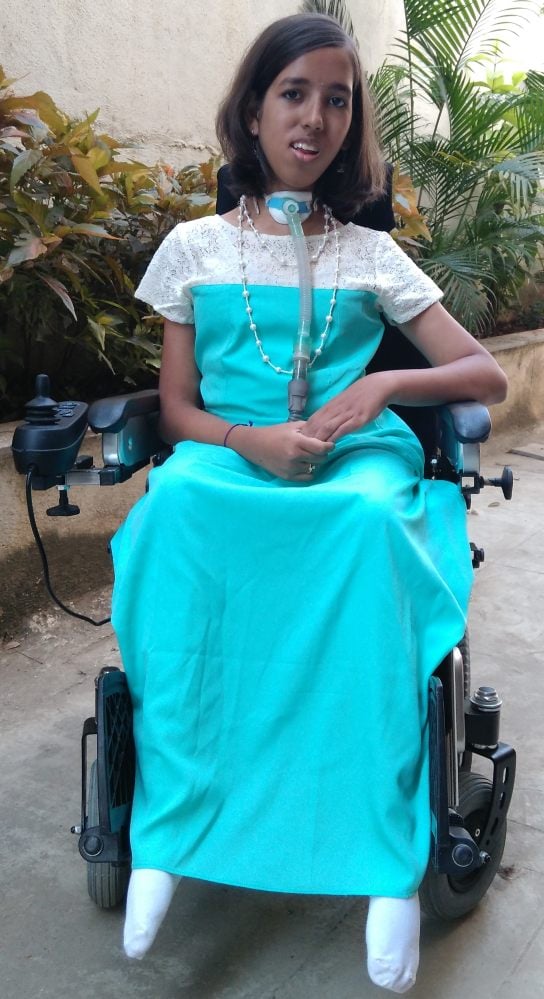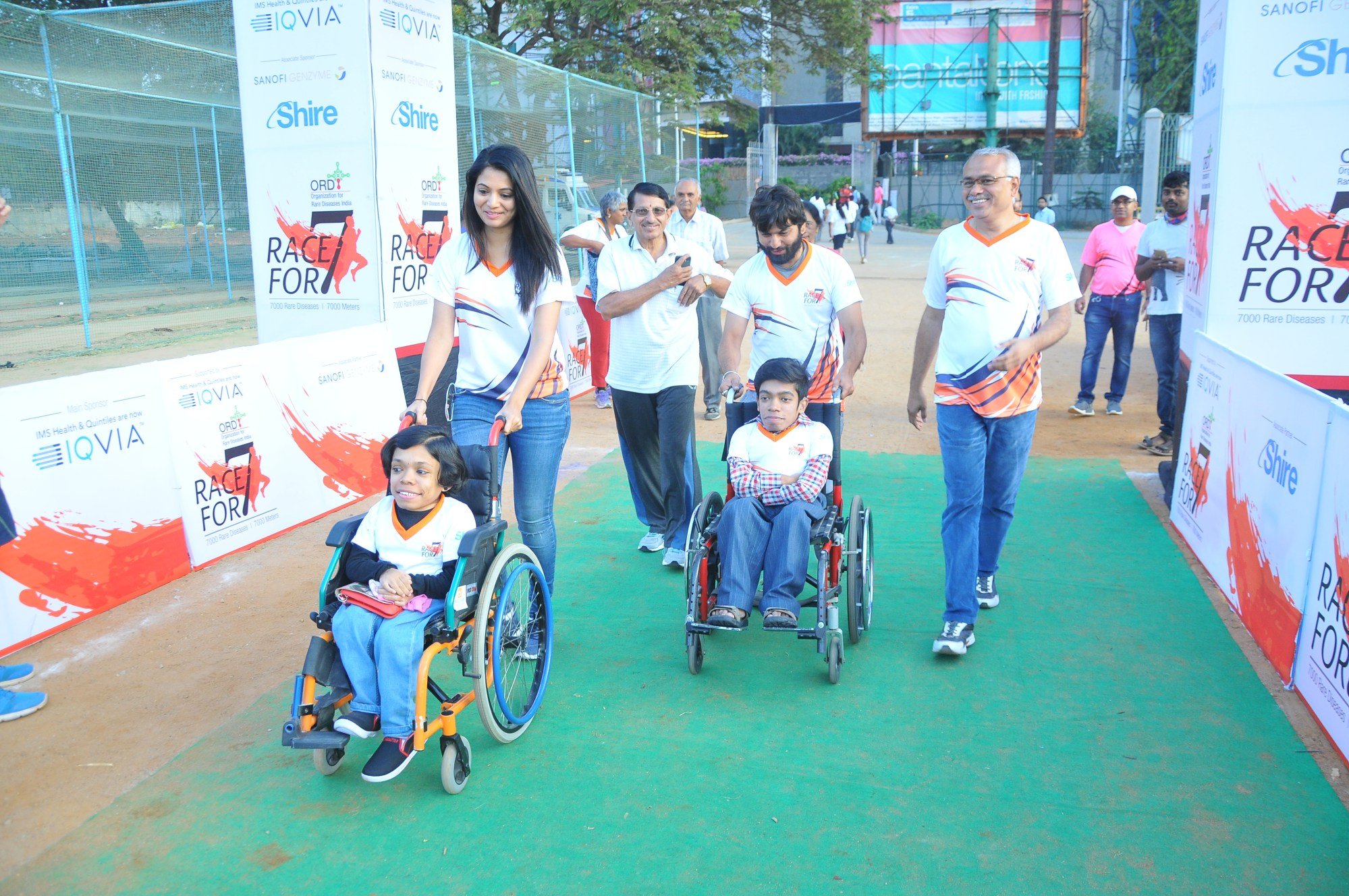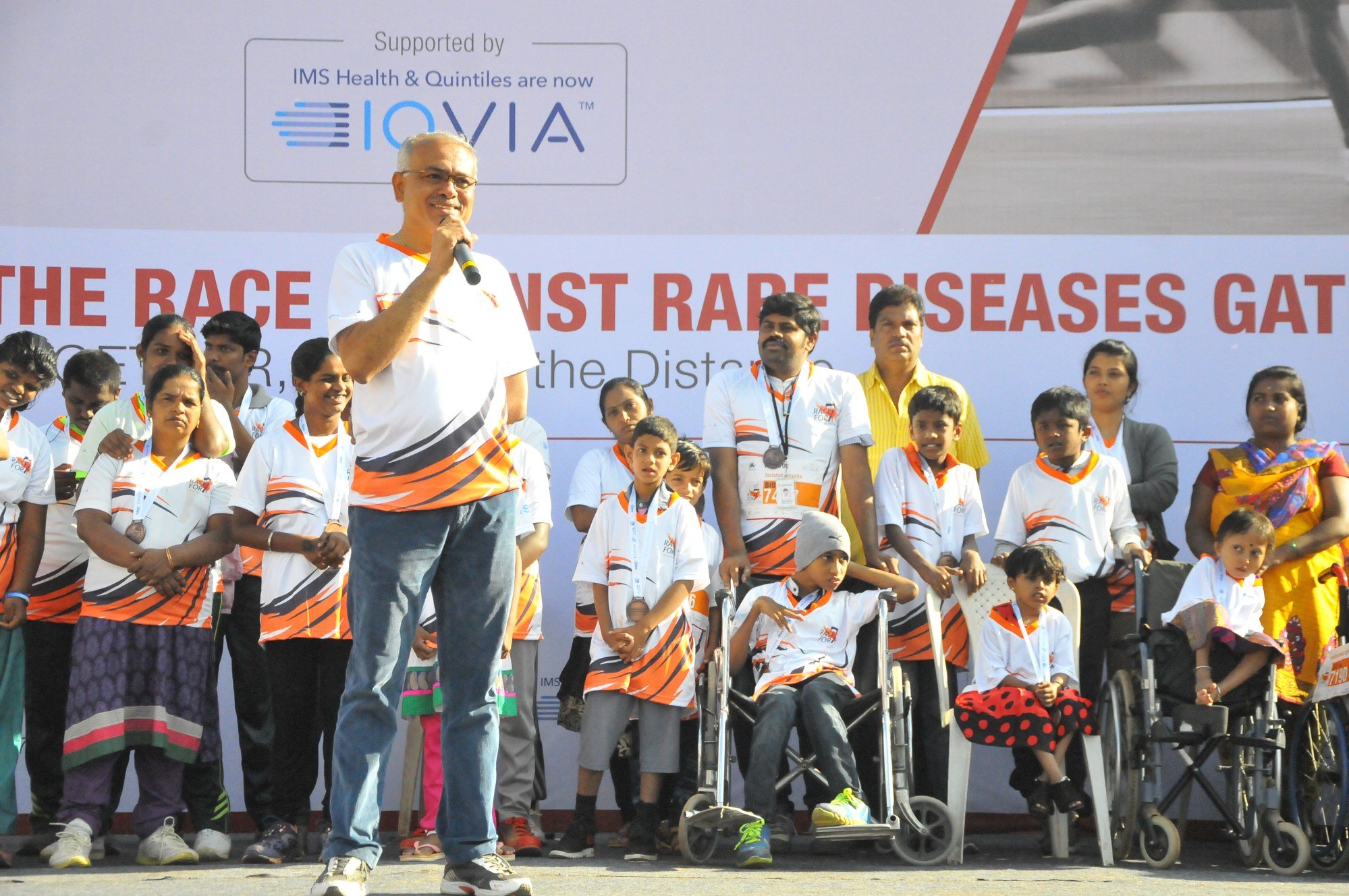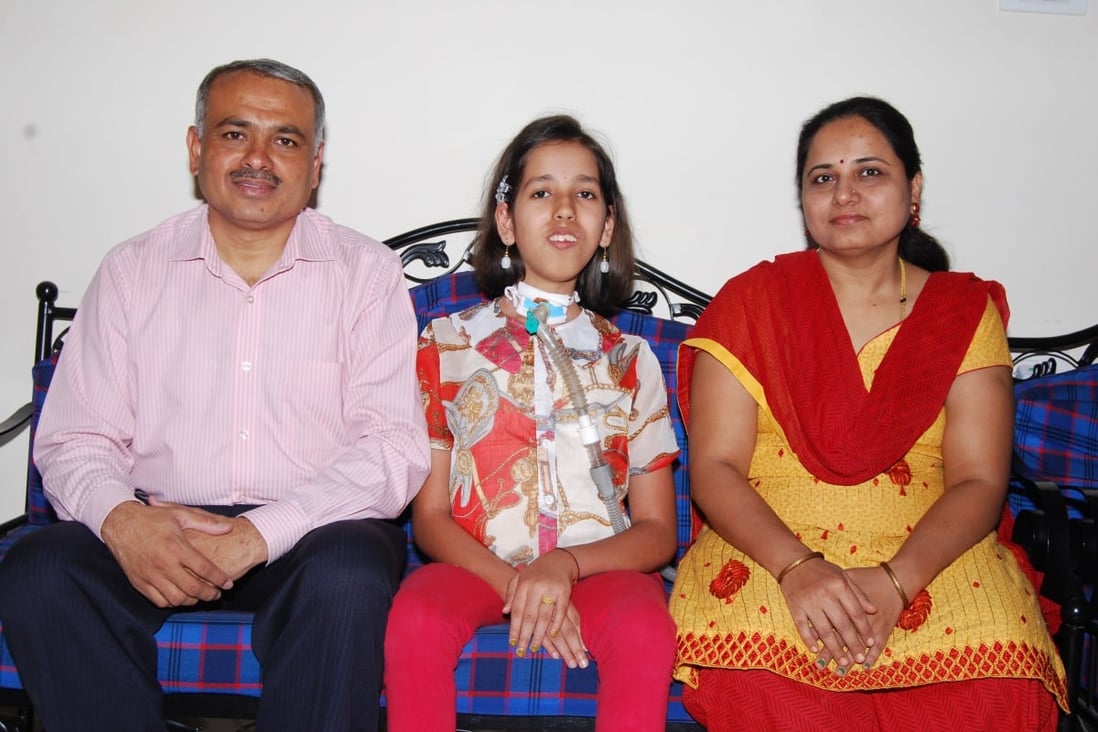Rare disease hero: Indian dad whose daughter suffers from Pompe has done wonders for similar kids across the country
Rare disease hero: Indian dad whose daughter suffers from Pompe has done wonders for similar kids across the country
- Prasanna Shirol used his experience accompanying his daughter for lengthy medical treatments to help establish rare disease centres in hospitals across India
- Like many rare disease advocates, he wants a national policy for rare diseases to fund genetic counselling for high-risk parents, treatment and supportive care
Making a hospital visit fun for an eight-year-old is not easy, but Prasanna Shirol and his wife Sharada know a thing or two about it – after all, they did it multiple times for their daughter, Nidhi, who required enzyme-replacement therapy that involved an infusion of drugs lasting 10 to 12 hours every fortnight.
“We never planned day trips to hospitals, we planned dinner nights,” Shirol says.
The therapy was a tedious process, but the thought of her post-treatment dinner would keep Nidhi’s spirits high. On good days, when the nurse found a vein after only a few attempts, she would message her “win” to her father: “Papa, it did not take eight pricks this time.”
“Motivating a child for never-ending, long and dreary hospital visits is a task,” Shirol says. “It took Sharada and I a long time to get Nidhi used to it.”

, frequent hospital visits for treatments are a way of life, as was the case for Nidhi.
In 2007, when she was seven years old, Nidhi was diagnosed with Pompe, an inherited genetic metabolic disorder that affects 1 in 40,000 people. Her hospital treatments kept her metabolism functioning almost normally and afforded her a good quality of life for 10 years. In 2017, when she was 17, Nidhi fell into a coma after her ventilator failed while she was attending a college event.

Given his experience with his daughter’s illness, Shirol has helped establish rare disease centres in public and private hospitals in India. The first Rare Diseases Care Coordination Centre (RDCCC) in a public hospital opened in 2017 at the Indira Gandhi Institute of Child Health (IGICH), a tertiary care facility in Bangalore.
The RDCCC also houses a treatment room with beds, recliners and a television. The hospital provides the space, but the furnishings and medical equipment are sponsored by the Organisation of Rare Diseases India (ORDI), a national non-profit organisation that Shirol has run since 2014. Currently, 70 children receive free, government-funded treatment at the centre.
More than 7,000 diseases fall within the range of rare diseases, and 80 per cent of them are genetic. An estimated 72 million to 96 million Indians might be affected. Half of the diseases afflict children, a third of whom don’t survive past the age of five. It is hard to get a diagnosis for rare diseases, which itself is a lengthy process – it takes, on average, five to seven years to get one. Only 5 per cent of those are treated.
“We were lucky that one of our friends put us in touch with the International Pompe Association in the Netherlands which helped us get free lifetime access to the drug from the manufacturer,” Shirol says. Still, he was not able to stop worrying about what might happen should the manufacturer pull the sponsorship. “What could my options be then?”
In 2011, at 40, Shirol quit his job to help find long-term solutions for affordable treatment for rare disease patients in India. “I thought, if it took me seven years of running around for diagnosis, spending huge amounts of money, what could a parent with poor resources do for his child?”

for high-risk parents, treatment and supportive care, and drug research and development. He would also like to see mandatory newborn screening in all government hospitals which might help to diagnose genetic disorders at birth.
Shirol learned early on that patients’ advocacy organisations are the backbone of the rare disease movement. He decided to form Pompe India in 2008, before moving on to set up the Lysosomal Storage Disorders Support Society for a group of 40 enzyme disorders, including Pompe, two years later, to bring patients and parents together to a place where they could advocate for their demands.
Later, ORDI emerged. The organisation has raised awareness through workshops and a 7km (4.3 mile) awareness walk called Race For 7, and has secured government funding for a few people in Karnataka through petitions.
. When her son was diagnosed with the disease five years ago, she was given immense support from Shirol.
“He connected me with other parents, provided a list of medical specialists and explained the options of accessing treatment,” says Vidya, who now volunteers for ORDI. Shirol personally explained her son’s situation to her husband’s company, who then funded her son’s treatment for six months.

Dr Meenakshi Bhat, the clinical geneticist at IGICH’s RDCCC, says that ORDI’s efforts have brought a lot of positive changes for rare disease patients, particularly in Karnataka.
“ORDI has never given up and that matters a lot,” Bhat says.
https://www.scmp.com/lifestyle/health-wellness/article/3123700/rare-disease-day-indian-dad-whose-daughter-suffers-pompe
